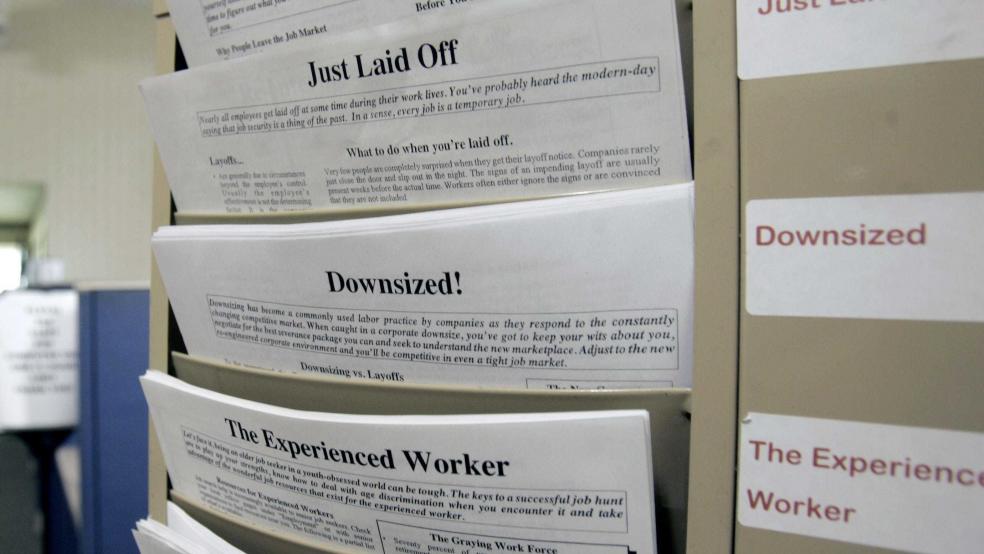Republican governors in at least 16 states have announced they will withdraw from federal unemployment programs starting next month, threatening to reduce or eliminate benefits for more than 1.9 million people.
Coming on the heels of last week’s disappointing April jobs report, the rapidly expanding effort to force more people back into the labor market will fall most heavily on the 1.4 million people in those states who are receiving benefits through temporary federal programs such as Pandemic Unemployment Assistance, a group that includes the self-employed and gig workers who normally are ineligible for jobless aid, and those who have exhausted their state benefits.
The other half a million or so workers will lose the $300 per week supplement paid by the federal government as Covid relief and receive only the state-level payments that were in place before the pandemic. In some states, those benefits are well below the poverty level.
According to The Washington Post, the states that have announced that they will withdraw from the federal programs include: Alabama, Arkansas, Arizona, Georgia, Idaho, Iowa, Montana, Mississippi, Missouri, North Dakota, Ohio, South Carolina, South Dakota, Tennessee, Utah and Wyoming.
If all states with Republican governors pull out of the federal programs, about 4.6 million people would be affected, CNN’s Tami Luhby said, and $29 billion in payments would be eliminated from the economy.
Why has job growth disappointed? For Republicans, the lackluster jobs recovery so far is relatively straightforward: Pay people to stay home and they will do so. Accordingly, removing the federal unemployment aid will force people to take jobs, at whatever pay level is offered, thereby boosting the economic recovery.
“Alabama is giving the federal government our 30-day notice that it’s time to get back to work,” Gov. Kay Ivey said this week as she announced her state’s withdrawal from the federal programs.
Democrats say the picture is more complicated, and labor experts tend to agree. “The slowdown in hiring may instead reflect workers’ concern about their safety and difficulty obtaining child care, or their trouble finding suitable positions in hard-hit industries such as tourism on top of mounting frustration about wages they consider too low,” the Post’s Tony Room and Eli Rosenberg report. “That means the loss of unemployment benefits over the next month threatens to inflict new financial harm on those who say they’re already struggling.”
Can they do that? There are questions about the legality of states withdrawing from the federal aid programs. In a letter to Labor Secretary Marty Walsh Thursday, Sen. Bernie Sanders (I-VT) argued that the Labor Department is legally required to provide federal aid to all workers, regardless of what the governors do.
“I am writing to remind you of your congressionally-mandated requirement to provide Pandemic Unemployment Assistance (PUA) benefits to workers ineligible for state unemployment aid and urging you to ensure workers receive these benefits even when states threaten to take it away,” Sanders said. “As Secretary, you are obligated to ensure this aid gets to workers.”
More conflict ahead? Sen. Ron Wyden (D-OR) said the move by the Republican governors could just be the beginning of a broader effort to rapidly reduce Covid relief spending.
“This is more of the same in terms of what we saw after the 2009 recession, when you saw states like Florida hollow out [unemployment] benefits, cutting them to the bone,” Wyden told the Post. “This is a far-right Republican governor-led strategy to rip new holes in the safety net.”



